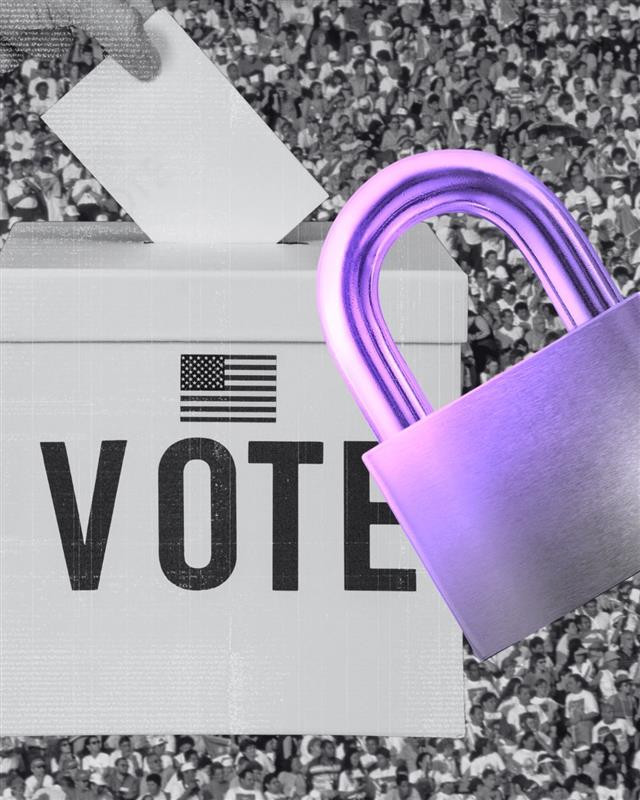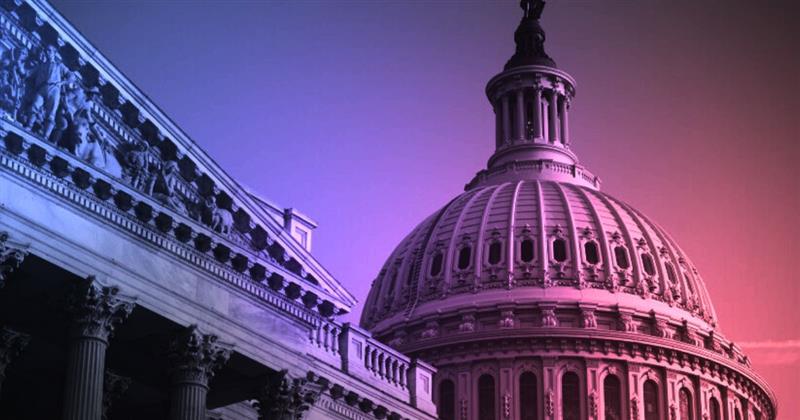Many young people are rejecting binary thinking and choosing to align themselves with ideas, not ideologies.
The Big Picture
In recent years, a striking political shift has emerged: younger Americans are increasingly identifying as independent voters, distancing themselves from the traditional Democratic and Republican parties. According to Pew Research Center, nearly half of adults under 30 now identify as politically independent—a number significantly higher than that of any previous generation at the same age.
This growing trend is not just about party labels. It reflects a deeper change in how young people see politics, institutions, and their role in shaping the future. Many are rejecting binary thinking and choosing to align themselves with ideas, not ideologies. But why is this happening now, and what does it mean for American democracy?
Zooming In
To understand this generational shift, we need to look at the experiences shaping young Americans’ worldviews. Gen Z and Millennials came of age during an era of political gridlock, economic uncertainty, and rapid technological change. From the Great Recession to the climate crisis, mass shootings, social justice movements, and the COVID-19 pandemic, young people have witnessed institutions faltering—or failing entirely.
Just as important is how younger voters engage with information. Raised in the digital age, they did not grow up with cable news as a default source of information. Instead, they learned to navigate a vast and decentralized internet—searching for facts, cross-referencing sources, and relying on platforms like YouTube, Reddit, TikTok, and podcasts to explore a broad range of perspectives.
They are less likely to trust legacy media and more likely to value independent research, first-person accounts, and community-based insights. This makes them less susceptible to partisan talking points and more inclined to question traditional narratives—something that aligns naturally with political independence.
Key Facts
- 47% of adults aged 18–29 identify as independents, according to Pew Research (2024).
- Only 22% of young independents lean solidly Republican, and about 35% lean Democratic, signaling broad dissatisfaction across the spectrum.
- Social issues such as climate change, racial justice, LGBTQ+ rights, and student debt relief are top priorities for younger voters—but they often don’t see either party delivering solutions.
- Young independents are active: while they may not affiliate with a party, many vote, volunteer, and engage in issue-based advocacy.
- Digital natives: Younger voters consume news through social media, online forums, podcasts, and influencers rather than cable networks or traditional newspapers.
- Information seekers: They’re more likely to explore multiple viewpoints before forming an opinion, often fact-checking political claims in real time.
Independent Lens
Being independent doesn’t mean being disengaged. In fact, many younger Americans are deeply invested in the political process—they just want a process that works. Their independence is a response to a political system they perceive as broken, outdated, and unresponsive. It’s a call for accountability, innovation, and honesty.
And the way they consume information reflects this demand. Their media habits are decentralized, on-demand, and personal. They are constantly weighing, questioning, and researching. For them, political independence isn’t just a label—it’s a practice of critical thinking.
At The Independent Center, we believe this shift should be taken seriously. Younger voters are not abandoning politics—they are demanding something better. Their rising independence signals an opportunity to build a more flexible, solutions-oriented political culture—one where ideas matter more than allegiance, and cooperation counts more than conflict.
As the 2026 and 2028 elections approach, all parties—and candidates—should be paying close attention. The future of American democracy may depend on how well we listen to, and learn from, this independent generation.


.jpeg)


.jpg)